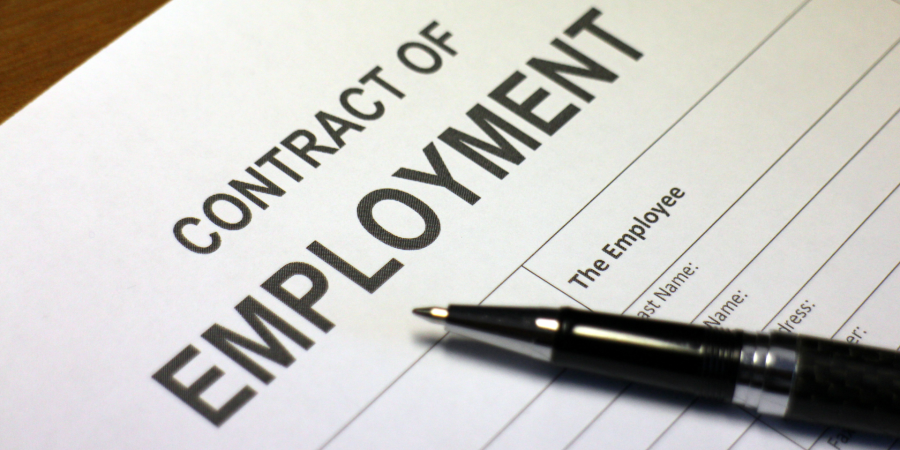Employment Rights Bill: What’s Changing and When?
The government has now released its “Roadmap for Delivering Change”, confirming the timeline for implementing the Employment Rights Bill. From stronger whistleblower protections to banning “fire and rehire” practices, the upcoming changes affect most UK employers.
This blog summarises:
- Which reforms are awaiting Royal Assent
- What’s coming into force in April and October 2026
- Which changes are expected in 2027
- What consultations are starting in Summer 2025
Employers are strongly encouraged to prepare early. If you need support updating your policies or contracts, contact our in-house HR Consultant Alison at: alison@riverviewportfolio.co.uk
Employment Rights Bill Update July 2025
The government have published their “Roadmap for Delivering Change” to implement their Employment Rights Bill. There have been many changes along the way of course, as the bill is debated in parliament and the government consults with employers, workers, trade unions and other key stakeholders.
A summary of the main highlights and timetabled intentions are below:
Currently awaiting Royal Assent:
- Repeal of the Strikes (Minimum Service Levels) Act 2023
- Repeal of large parts of the Trade Union Act 2016
- Simplifying industrial action notices and ballet notices
- Protections against dismissal for taking industrial action
Effective April 2026
- Doubling of the maximum period of the collective redundancy protective award
- Introducing “Day 1” Paternity and Unpaid Parental Leave
- Whistleblowing protections
- Establishment of Fair Work Agency body
- Removal of the Lower Earnings Limit (LEL) and 3 day waiting period for Statutory Sick Pay
- Simplifying Trade Union recognition process and workplace balloting systems
Effective October 2026
- Banning of “Fire and Re-hire”
- Tightening up of Tipping Law
- Establishing Fair Pay Agreement for Adult Care
- Employers to take “all reasonable steps” to prevent sexual harassment in their workplaces; including harassment by 3rd parties
Expected in 2027
- “Day 1” protection from unfair dismissal (consultation to start summer 2025 and continue into 2026 – this is much later than originally thought)
- Strengthening rights of pregnant workers
- Bereavement Leave
- Flexible Working
- Ending “exploitative” zero hours contacts and applying zero hours measures to agency workers
- Gender pay and menopause action plans (voluntary reporting from April 2026)
The government will be using phased consultations on the above measures commencing from Summer 2025.
Need help?
Contact our HR Consultant at alison@riverviewportoflio.co.uk
FAQs
1. When will these employment law changes actually take effect?
The reforms are being introduced in phases:
- Some measures are awaiting Royal Assent now.
- The first set of confirmed changes will take effect in April 2026.
- Further updates are coming in October 2026, with additional measures expected in 2027 following consultations beginning in Summer 2025.
2. What do “Day 1” rights mean for employers?
“Day 1” rights mean employees will be entitled to certain protections or entitlements from the first day of employment, with no qualifying period.
This includes:
- Paternity Leave and Unpaid Parental Leave (from April 2026)
- Protection from unfair dismissal (expected in 2027 following consultation)
Employers will need to review their onboarding policies, contracts, and probation procedures accordingly.
3. Will I need to update staff contracts or handbooks?
Yes, most likely. Changes such as new leave entitlements, whistleblowing protections, and obligations to prevent harassment will require updates to:
- Employment contracts
- Staff handbooks
- HR policies and procedures
We strongly recommend preparing ahead of April 2026 to ensure compliance.
4. How does the “ban on fire-and-rehire” affect my business?
The October 2026 changes will make it unlawful to dismiss and re-engage staff on new terms as a negotiating tactic.
Employers will need to follow more structured, fairer procedures when changing terms and conditions — likely with increased documentation and consultation requirements.
5. What support is available to help us prepare?
RiverView Portfolio can support you through:
- Policy and contract reviews
- HR compliance audits
- Ongoing consultation as new laws roll out
Our in-house HR Consultant Alison is available to guide you through the changes.
📩 Email: alison@riverviewportfolio.co.uk




